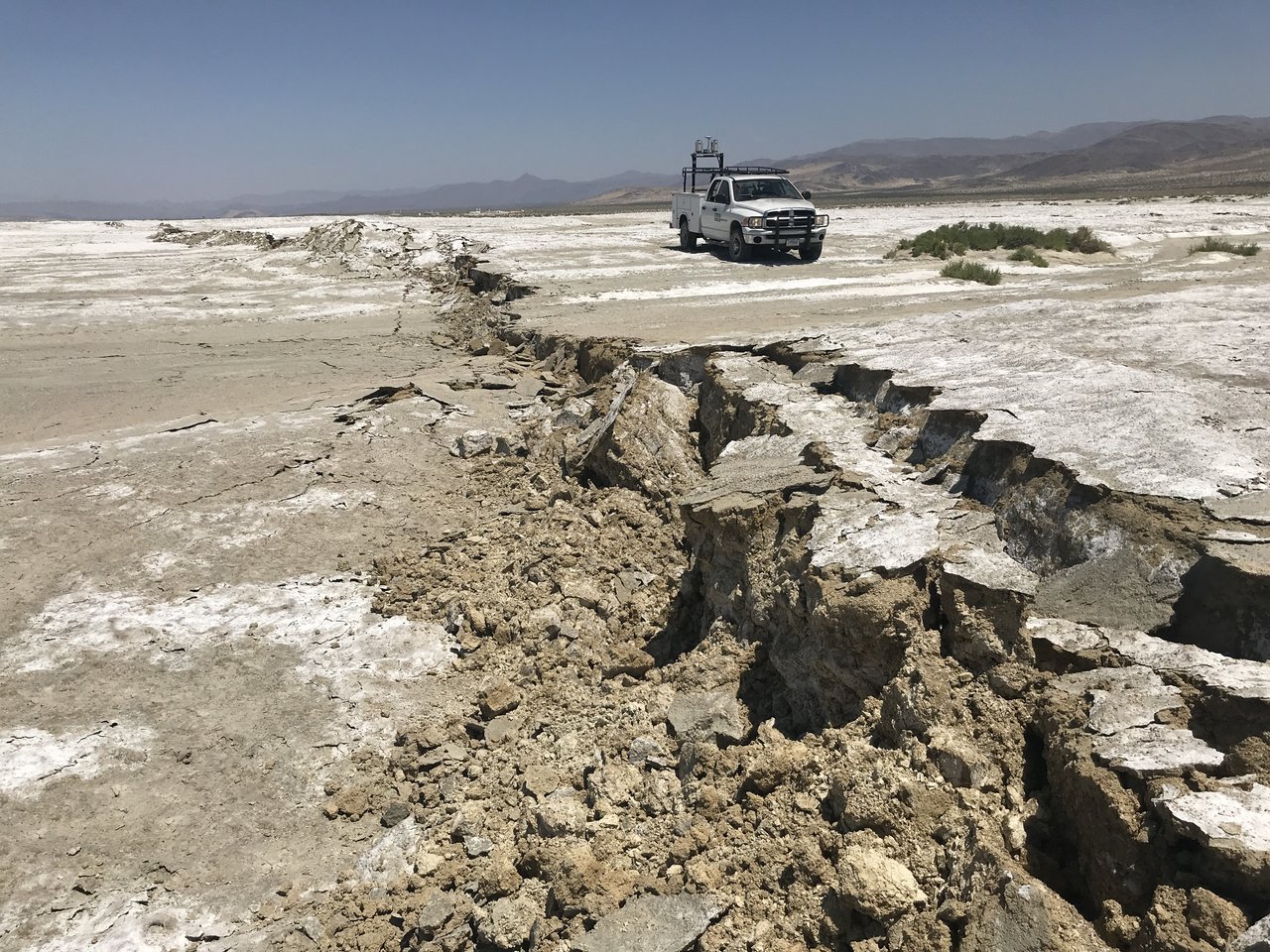
Turkey is located in an area of high seismic activity, and earthquakes have been a frequent occurrence in the country for centuries. Climate change is likely to impact the number and intensity of earthquakes in Turkey, as well as other countries in the region.
Turkey is already taking steps to prepare for the potential impacts of climate change. The government is investing in earthquake engineering research and infrastructure, as well as developing early warning systems and developing earthquake-resistant building standards. However, it remains to be seen how effective these measures will be in mitigating the potential impacts of climate change-induced earthquakes in the future.
Climate change increases the frequency and intensity of these earthquakes, which can be more dangerous due to the increased risk of landslides, tsunamis, and other secondary effects. Unstable slopes, which are made more unstable by extreme weather, can lead to landslides and mudslides, adding to the destruction caused by the earthquake. Droughts caused by climate change can also increase the risk of landslides, as well as wildfires.
Earthquake and Climate Change
Climate change also affects the frequency and intensity of other natural disasters, including floods, hurricanes, and droughts. These disasters can cause displacement and destruction of property, as well as lead to long-term economic and health consequences.
To reduce the risk of further damage from future earthquakes, it is important to implement measures to reduce the effects of climate change. This includes reducing emissions of greenhouse gases, increasing use of renewable energy sources, and increasing awareness of the risks associated with climate change.
Does Climate Change Cause Earthquakes?
“Recent studies have proposed a causal link between rising sea-level during periods of warming climate, and increased frequency of volcanic eruptions and earthquakes,” said Dr Lorna Strachan, a senior lecturer in sedimentology at the University of Auckland (Morton, 2020).
Climate change can lead to an increase in earthquakes due to changes in the Earth’s tectonic plates. Climate change is already causing rising sea levels, leading to increased pressure on land masses and tectonic plates, which can cause more frequent and powerful earthquakes. Additionally, higher atmospheric temperatures can affect the physical properties of the Earth’s crust, making it more susceptible to movement and stress.





